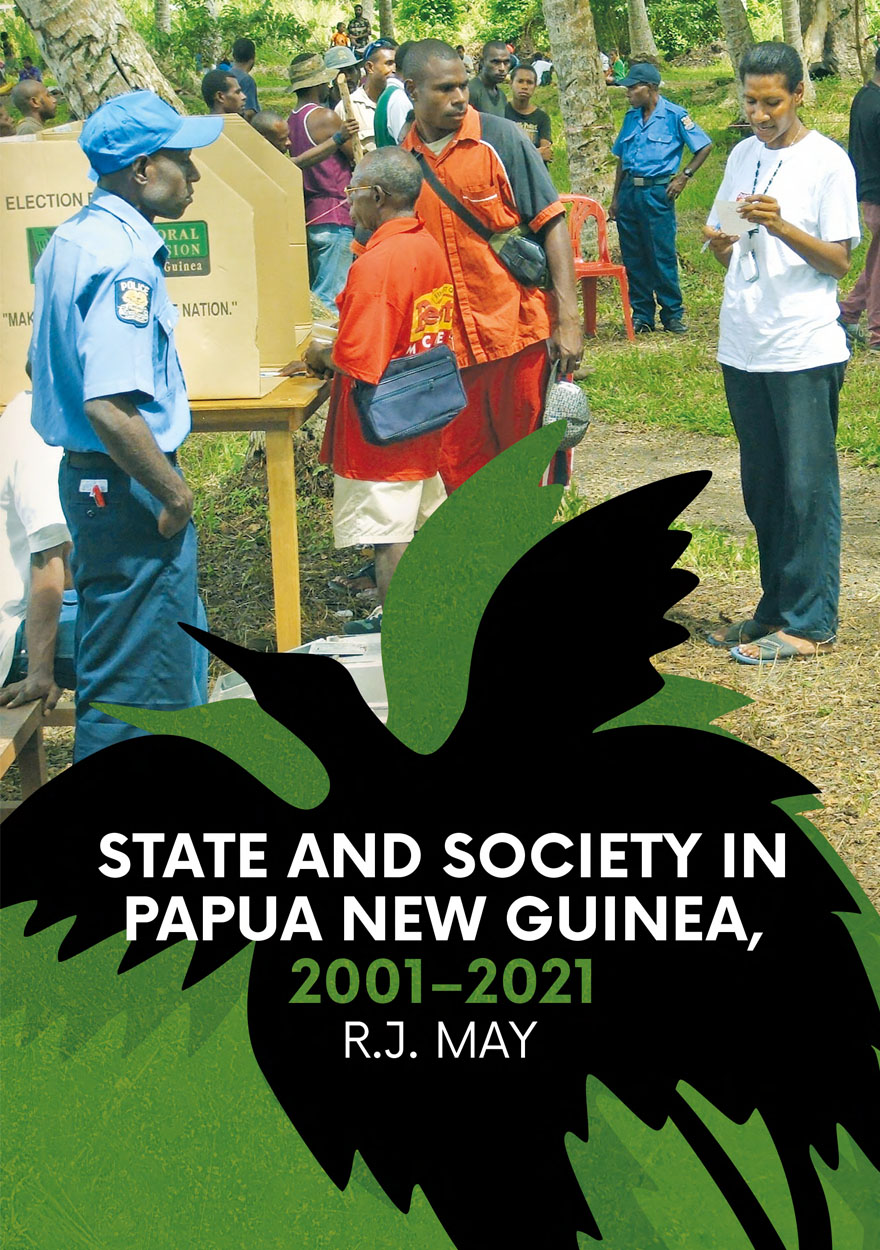Pacific Affairs Series
The Department of Pacific Affairs at The Australian National University succeeds the State, Society and Governance in Melanesia (SSGM) Program and is devoted to the study of the Pacific peoples and their 22 countries and territories in Melanesia, Polynesia and Micronesia. The department constitutes the largest concentration of research expertise on the Pacific Islands in the world. Books by its scholars in the new ‘Pacific Affairs Series’ will encompass studies of the history, anthropology, international relations and contemporary development of the Pacific and are indispensable for anyone with a serious interest in the region. The Pacific Affairs Series replaces the State, Society and Governance in Melanesia Series ANU Press has published since 2006. For titles in the SSGM Series please see press.anu.edu.au/publications/series/state-society-and-governance-melanesia
Please note: The following list of titles is sorted by publication date, with the most recent first.
Displaying results 1 to 3 of 3.

State and Society in Papua New Guinea, 2001–2021 »

A Cautious New Approach »
China's Growing Trilateral Aid Cooperation




